#IWASTHERE
Salman is linking workers with employers
After giving up a successful accounting career, Salman is using his skills and experience to show other young people in Pakistan the way into work.
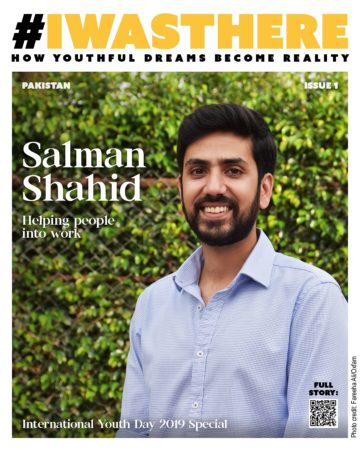
Salman Shahid, 27, had a successful career abroad, but chose to return to Pakistan to help others less fortunate than himself in the job market. He has established a unique company linking workers and employers, which he’s hoping will grow and grow.
A personal journey
“I was settled and had a stable career as a Chartered Accountant,” Salman explains, “but I always felt the need to come back home and make my personal contribution to development here.” So, shortly after moving back to Pakistan in 2018, Salman founded Kamayi (meaning ‘Earning’), a company which connects trained workers (from blue/grey collar segments) with their relevant industry employers.
Learning by doing
Salman was lucky enough to work on a project for a consultancy firm which was doing something similar. “Thinking that a vast number of job opportunities are available, especially in Lahore, we felt confident about doing well with the assignment,” he says. However, it wasn’t as simple as that, and Salman learned from the mistakes they made along the way. “As soon as the project ended, I decided to use my experience to address one of the biggest problems in our country: lack of access to employment,” he says.
Reaching the client group
To reach his intended client group, Salman contacted almost 200,000 job seekers on databases obtained from the National Vocational and Technical Training Commission, and Punjab Technical Education and Vocational Training Authority. Out of those contacted, Kamayi then created its own database of all the individuals who were actively looking for jobs. Kamayi does not only aim to find jobs for workers – unique among other employment platforms in Pakistan, it also seeks to provide greater job security.
Keeping it personal
“Instead of freelance or daily-wage work, we connect the labour force with full-time employment opportunities,” Salman says. Moreover, by providing information via phone calls and SMS, and using Urdu as the medium of communication, Salman ensures they reach out to workers who don’t always have the educational qualifications to browse online websites. “We have also tried to personalise the process by taking responsibility for identifying jobs which are relevant to both parties, and informing and coordinating both job seekers and employers,” he says. In the future, Kamayi plans to partner with other sectors such as accommodation and transport to overcome the basic barriers to employment faced by so many.
Facing challenges along the way
Salman’s journey hasn’t been an easy one however. “Getting a job is one thing, but staying in the company is another; employees don’t always find the most favourable work environments and tend to quit immediately if that’s the case,” Salman says. On occasions, Kamayi has had trouble with companies miscommunicating the role profile, not providing compensation, or having no harassment policies, especially for women employees. “Our response is to blacklist these companies so that no other job seeker affiliated with Kamayi has to face similar problems,” he says.

Empowering the workforce
Many job applicants, especially from the working class, face issues such as not understanding recruitment processes or not having CV writing and interview skills. Kamayi, therefore, offers a three-pronged training: firstly, searching for jobs online and find the right match; secondly, improving CV writing and interview skills; and thirdly, polishing employability skills (such as formal communication and good work ethic).
Sights on going nationwide
At present, Kamayi is based in Lahore and works in surrounding cities, but the company has initiated a pilot project in Dhok Hassu, a rural community in the suburbs of Rawalpindi, in collaboration with the Akhtar Hameed Khan Resource Centre. “We aim, one day, to scale up our start-up to a national level,” he says. And as things stand, it seems likely that they will succeed.
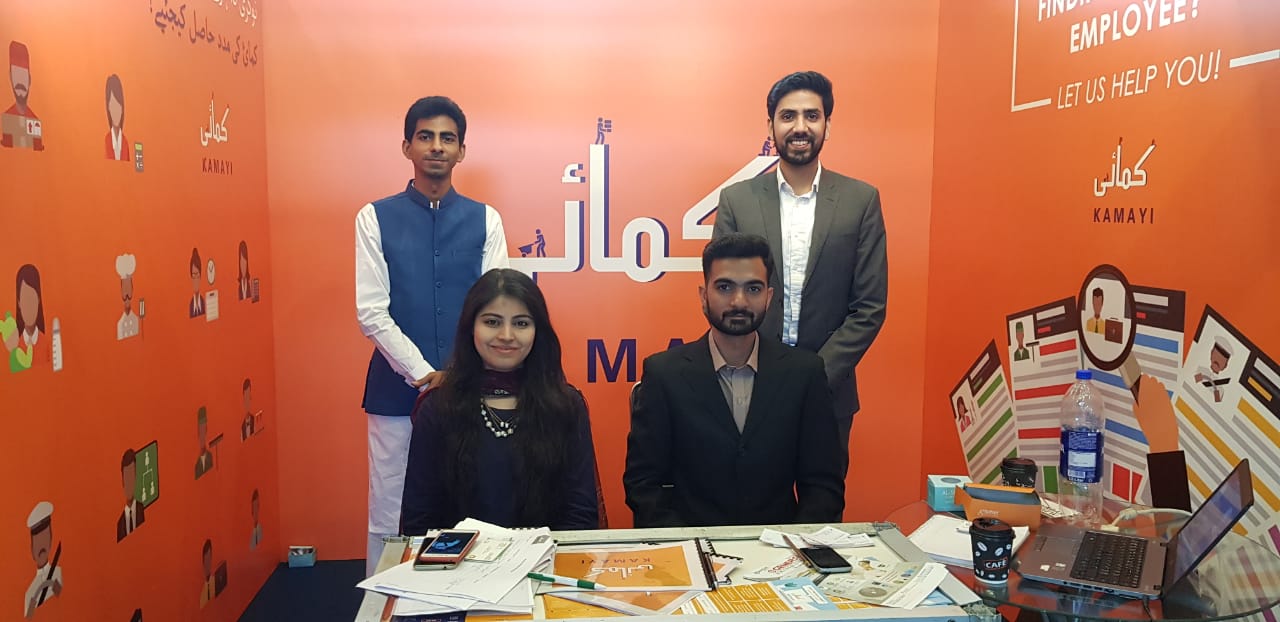
Salman‘s story is part of the multiyear campaign, kicked off on International Youth Day 2019 by the Empower Youth for Work program and the Work in Progress! alliance. The campaign aims to support the national influencing work of the respective programs by joining forces with local role models. The ripples of #Iwasthere are spreading out around the world and these stories are proof that change can happen anywhere – we hope they will inspire you, too, to become an active citizen.
Why these stories?
There are more young people today than ever before in the history of the world; 1.8 billion people between the ages of 10 and 24 worldwide, and 90% of them live in low-income countries. . Harnessing the energy and strength of young women and men to become active citizens is core to Oxfam's goal of transformational change.
With their energy, skills and creativity, young people have the potential to be the driving force for social change, strong economies and vibrant democracies.
Oxfam is working jointly with youth to challenge barriers that prevent them from
Enjoying their rights
Participating fully in society
Being an effective voice in decision-making processes
How youthful dreams become reality.
These stories are proof that change can happen anywhere -
to inspire you to become an active citizen.
- Bangladesh
- Ethiopia
- Indonesia
- Italy
- Nigeria
- Pakistan
- Peru
- Somalia
- The Netherlands
-
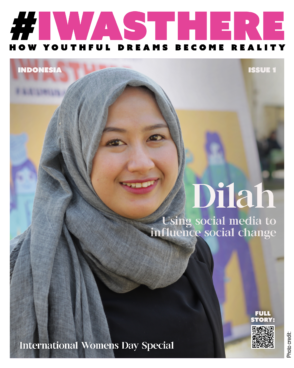
Dilah
“Development is more than just economy or infrastructure, it’s all about humans.”
-
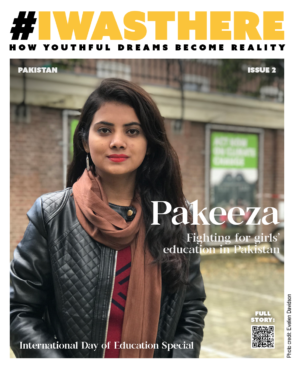
Pakeeza
“As activists, we have to be patient. Without patience we can’t do anything, we just struggle.”
-
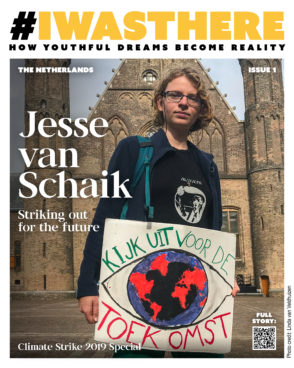
Jesse van Schaik
“I hope other people think ‘if she can do it, then I can do it, and then it won’t be that hard.’”
-

Chioma Ukonu
“Youths must work every day to be the change they want to see.”
-
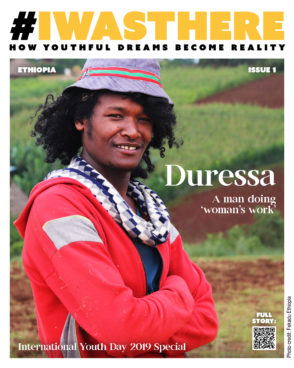
Duressa
“The only thing that I cannot do, is child bearing and breast feeding. This is not naturally gifted to men!”
-

Daphne Rozenburg
“My goal was to capture the essence of the vital advocacy work that goes on within powerful institutions. But in a light and approachable way.”
-

Milagros
“We are young, we are prepared. We have many things to do.”
-

Muzamil Ali
“The biggest challenge wasn’t informing them about modern farming techniques but persuading them to abandon outdated methods”
-

Nasrin
“Work is never defined for men and women, it is us who creates this differentiation. There are lots of people in rural areas who are not getting enough medical support, I want to do something more for their advancement by engaging the youth of our community.”
-
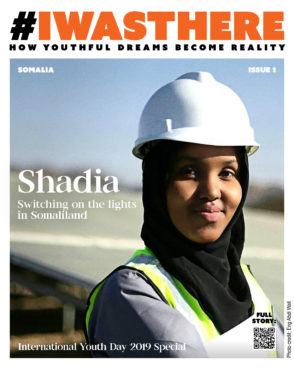
Shadia
“Fear is not part of my life. I conquer the fear itself.”
-
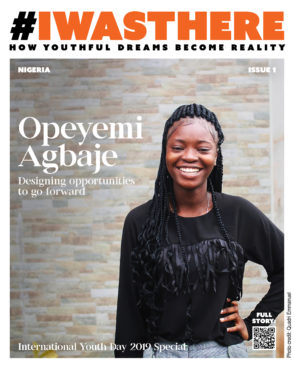
Opeyemi Agbaje
“I did not have any computer knowledge prior to this time; I only used computers for watching movies!”
-
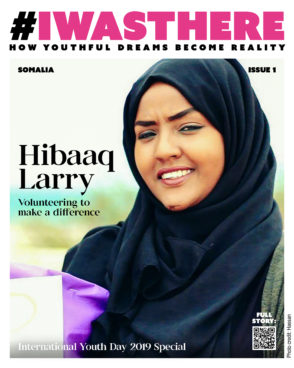
Hibaaq Larry
“We should create an environment where people can support one another and raise local funds together to buy clothes and food for poor children and mothers.”
-

Mr. Ajebo
“Work ethics and character are equally important as you cannot earn a living out of talent alone.”
-
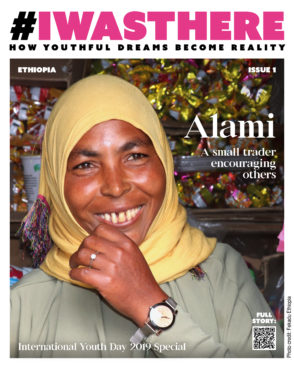
Alami
“I believe young women have the capacity to change their lives if they are provided with a safe environment and support from their family, community, and government.”
-

Alisha Khan
“Once we overcame our initial hurdles, we felt confident about managing more events, and soon established a good reputation in the city.”
-
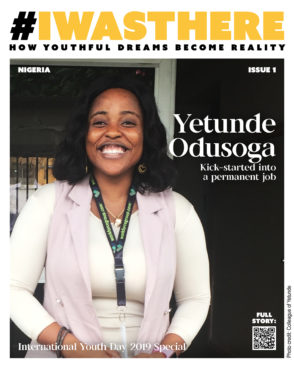
Yetunde Odusoga
“Even if a person supports you and teaches you how to do a thing, without passion on your part, it’s a ‘NO’!”
-
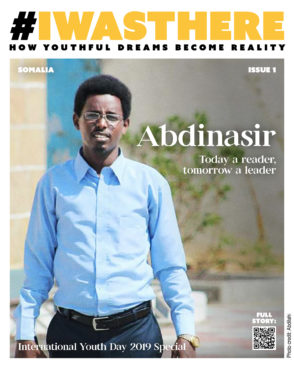
Abdinasir
“Without a book on my lap every day, I don’t know where I would have reached today. One day I will realize my dream of bringing all Sahil people into the library.”
-
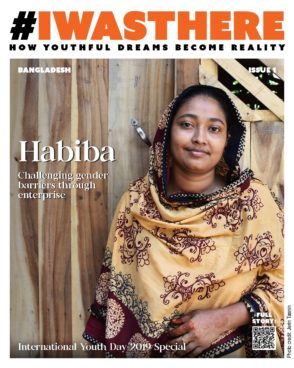
Habiba
Habiba believes that other women and girls will be inspired by seeing her at work.
-
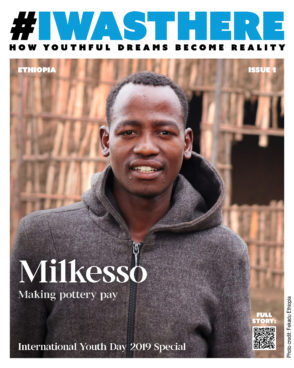
Milkesso
“Seeing my success, many people are now convinced it’s OK to assist women.”
-
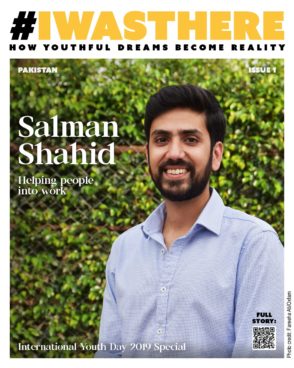
Salman Shahid
“We aim, one day, to scale up our start-up to a national level”
-
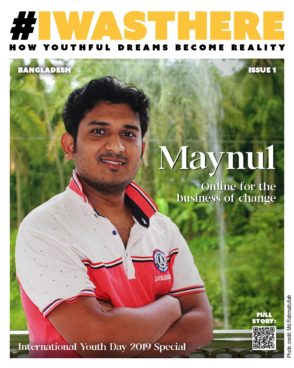
Maynul
He started working from home to save money, providing computer support to the community, especially women.
-
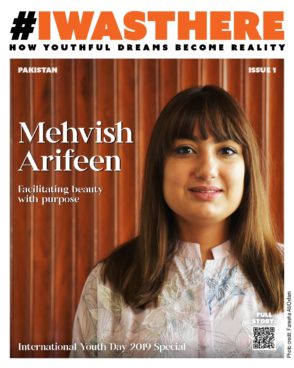
Mehvish Arifeen
“The beauty parlour industry is exploitative, and because women workers lack awareness about their rights, they pose little to no resistance to unfair work policies.”
-
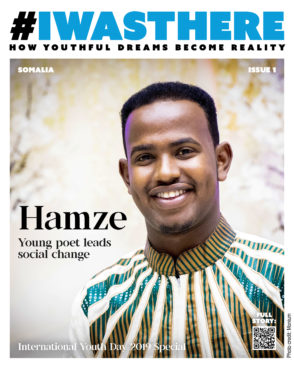
Hamze
“Poetry is art and expression, and has been in my blood since my childhood. If you want people to develop their country, young people are the starting point – they have the drive and stamina to pioneer changes”
-
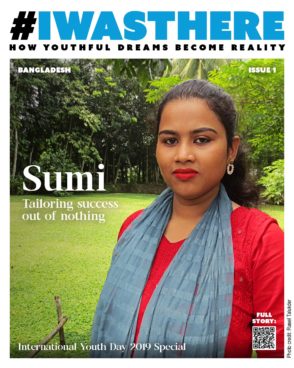
Sumi
To ensure the continued success of her business, she keeps up with the latest fashion trends online, adjusting them for the cultural and religious tastes of her clients.